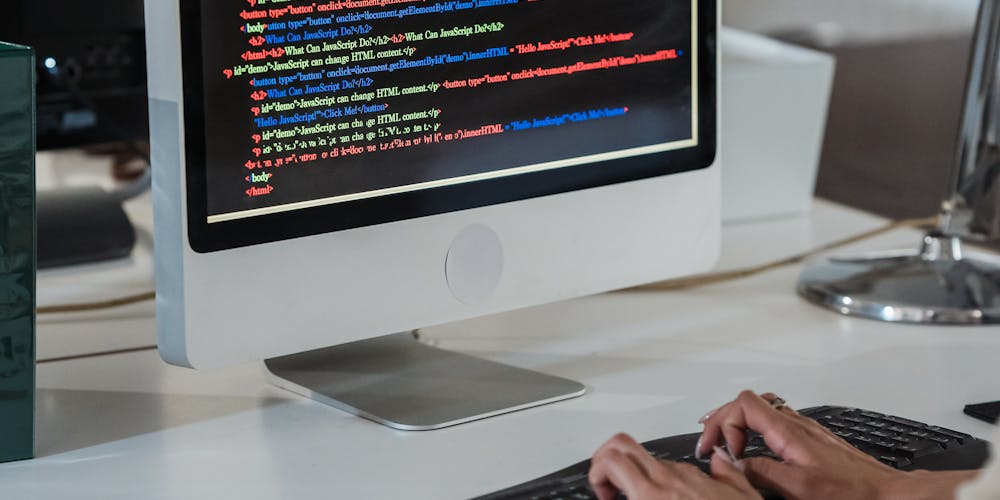Cybersecurity threats continually evolve, and now, developers’ essential tools like Notepad++ are under attack. Kaspersky Lab’s unsettling findings reveal that cybercriminals are misusing the trusted status of these applications through deceptive means such as sham ad placements on online search platforms. These malefactors are exploiting Notepad++’s widespread use and the confidence that the development community places in it, leading to potential widespread repercussions for its myriad unsuspecting users. This new modus operandi for cyber threats signals an alarming trend, bringing to light the vulnerability of even the most benign software tools to malicious exploitation. The gravity of the situation hints at an urgent need for heightened vigilance and enhanced security protocols to safeguard the interests and integrity of software creators and end-users alike.
The Ploy of Fraudulent Websites
The Subtlety of Deception in URLs
Cyberthieves have become increasingly cunning in their techniques, creating counterfeit Notepad++ websites that use subtle inconsistencies to snare their victims. A typical deceptive strategy involves malvertising, where the attackers purchase ad space on popular search engines. Unsuspecting developers searching for Notepad++ could readily click on these ads, directing them to fraudulent websites. These sites may appear authentic at first glance, yet on closer inspection, they portray telltale signs of their illegitimacy through anomalies in their URLs—a missing letter here or a cleverly placed hyphen there. As a result, developers are hoodwinked into downloading what they perceive to be a legitimate version of their favored text editor, not realizing they’ve introduced malware into their systems.
The Trap of Fake Downloadable Files
The most alarming detail about these malevolent Notepad++ websites is the counterfeit downloadable files presented to Linux and macOS users. These files mimic the appearance of genuine Notepad++ downloads and, once executed, covertly install malicious payloads. Researchers point out that the altered applications are not merely laced with common malware but are specifically designed to open backdoors with functionalities akin to CobaltStrike, a legitimate security tool repurposed by attackers. This enables the malefactors to gain control over the compromised system remotely, presenting a grave security risk. What is more concerning is the seamless manner in which these attacks are conducted, making it increasingly difficult for users to differentiate between genuine and compromised software.
Combatting Cyber Threats in Developer Tools
Recognizing and Responding to Threats
Kaspersky Lab has illuminated the sophistication of modern cyber threats, which are designed to exploit the inherent trust developers have in their essential tools. The rise of such intricate attacks necessitates an equally sophisticated response from the cybersecurity community. Developers and IT professionals need to be exceptionally alert, assessing the legitimacy of their software sources with a critical eye.
Ensuring downloads are not tampered with, approaching search engine advertisements with suspicion, and implementing comprehensive cybersecurity strategies are now fundamental practices. Protection measures, like those offered by Perimeter81, are vital for defending against pervasive cyber threats. In addition, staying informed through reliable cybersecurity news outlets is crucial for maintaining awareness and preparedness. As cyber threats evolve, relentless vigilance and proactive defense measures become indispensable in the effort to safeguard digital environments against malicious actors.
Prioritizing Safety and Confirming Authenticity
In the digital age, safeguarding network and system integrity is of paramount importance. Users must be vigilant, only downloading software from legitimate, official sources to protect against malware. Yet, downloading from authentic sources alone doesn’t guarantee safety; comprehensive cybersecurity strategies are essential.
An effective defense system includes firewalls, anti-malware software, and routine security audits to detect and deter hacker exploits. Cybercriminals tirelessly search for new vulnerabilities, pushing cybersecurity to be adaptive and proactive.
The strength of any cybersecurity measure is only as robust as the awareness and prudence of its users. By staying informed and one step ahead, users contribute to a collective defense against ever-more-sophisticated online threats. A continuous commitment to this layered approach not only fortifies individual security but also enhances the overall resilience of cyberspace.

